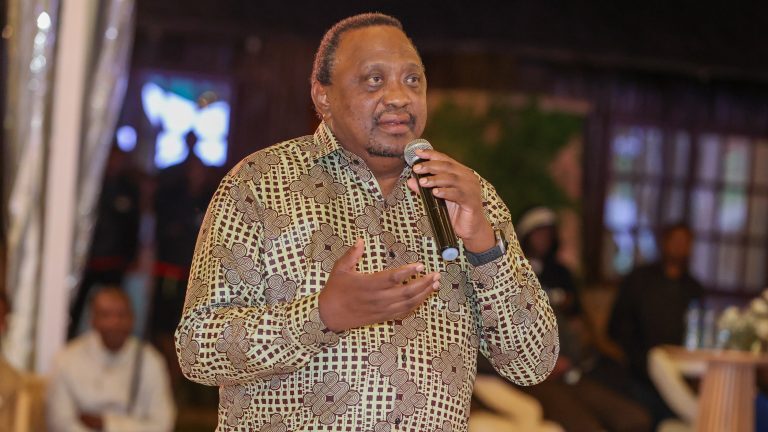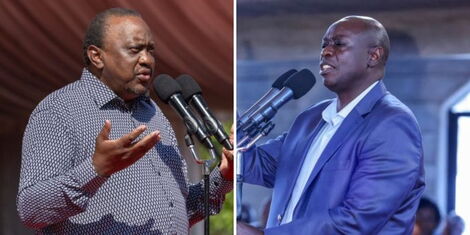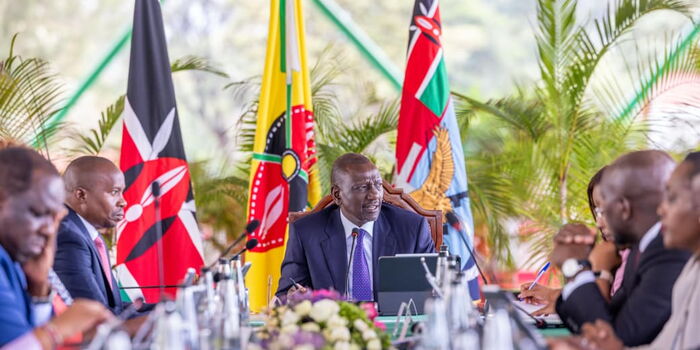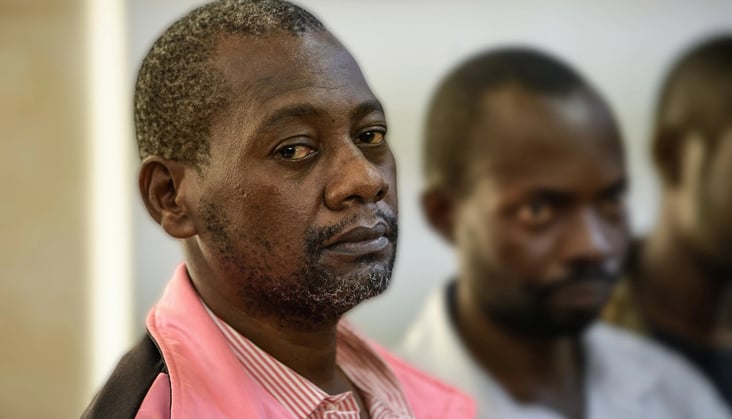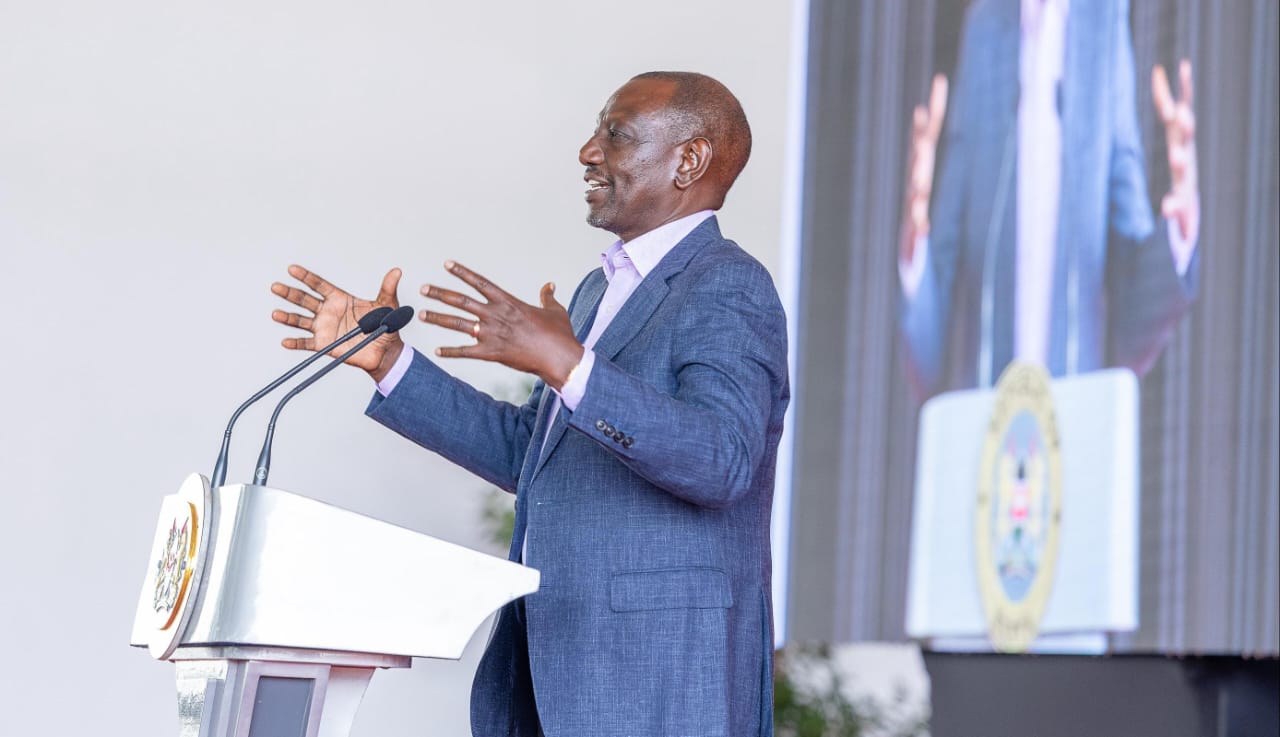
A simmering anger within the presidency has erupted in public, revealing deep cracks between Head of State William Ruto and a restless nation—anger rooted in mounting protest pressure, economic strain, and the loss of political capital among youth and civil society.
Unpacking the President’s Anger
According to the Standard’s report, President Ruto’s fiery tone in recent speeches and direct attacks on critics reflect more than anger—it expresses exasperation with mounting resistance to his leadership. The newspaper notes: “President William Ruto is an angry man. His anger is demonstrated by the tone of his public speeches, the choice of words, and targets…” urging that his patience with critics has worn dangerously thin.
In public commentary, few are spared: from Interior Minister Kalonzo Musyoka, whom Ruto accused of political opportunism, to former Deputy Rigathi Gachagua, recently denounced as “incompetent, corrupt, and tribalist.” Ruto has explicitly warned such critics: “When we start proper campaigns, you will flee in panic”.
Why So Angry?
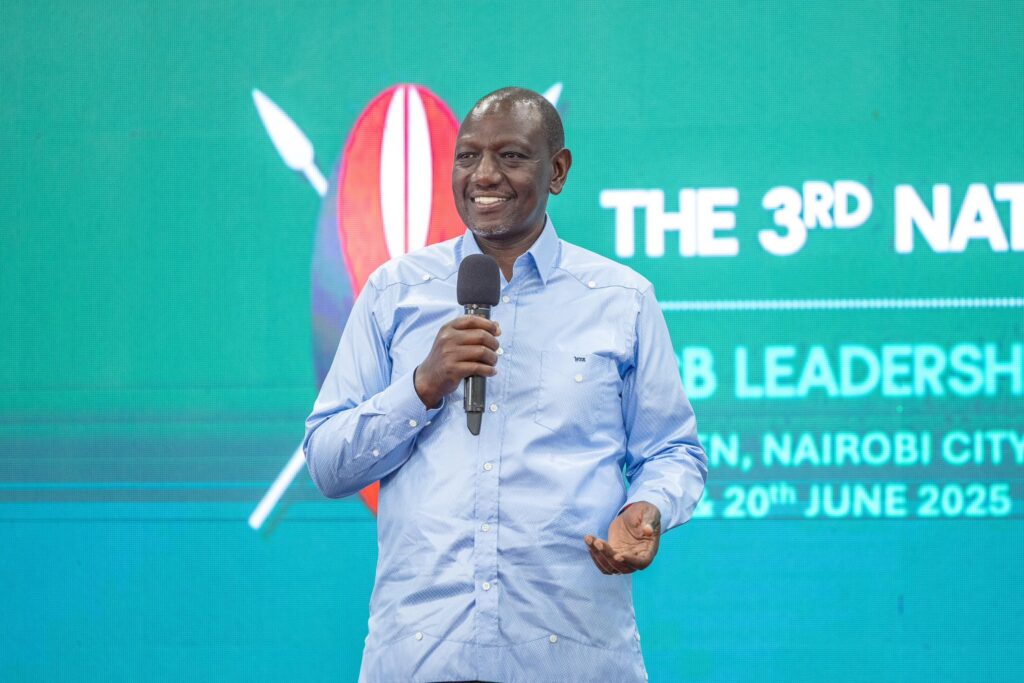
Three intertwined forces appear to be fueling the President’s anger:
- Economic Betrayal and Broken Promises
Ruto’s administration has failed to meet core campaign pledges while imposing hefty taxes and cutting fuel subsidies. Citizens feel betrayed by a president once heralded as champion of the working class. Analysts believe this economic hardship is central to his fallout with the public. - Youth-Led Revolt and Gen Z’s Disillusionment
Generation Z, empowered by technology and free education, has become the vanguard of dissent. Their protests—sparked by high unemployment and worsening living standards—recently escalated after the death of blogger Albert Ojwang in police custody. Observers say this generation is indifferent to traditional political negotiation, instead demanding accountability directly from power holders. - Protest Crackdown Backlash
Ruto’s hardline response—ordering police to “shoot in the leg” rather than use fatal force—has intensified opposition. Amid riots and roadblocks, Ruto accused the protests of being orchestrated to overthrow his government and repeatedly invoked national security rhetoric to justify crackdown orders.
What It Means for Ruto’s Political Trajectory
The Standard analysis frames Ruto’s anger as symptomatic: a presidency increasingly strained through persistent economic criticism and internal divisiveness. The anger of a leader mirrors a nation pushed to its limits. Civil society campaigns and youth mobilization, coupled with disillusionment from mass mobilization tactics, threaten to marginalize Ruto’s existing coalition.
Political commentators warn that his aggressive tone imperils delicate democratic norms. His irritation at criticism and distrust of opponents may alienate a generation for whom symbolism matters as much as policy.
What’s Next
As Kenya heads into the 2027 election period, the strategic question for Ruto is clear: Can he reverse a narrative painted by anger and deliver tangible relief? Analysts say that unless Ruto adapts—shifts tone, empowers civic dialogue, and delivers real economic hope—he risks becoming the country’s first unilateral “one-term” president.
The Anger Project—a growing national dialogue among civic groups—has already begun documenting how anger, if left unaddressed, could destabilize institutions and erode public confidence prior to next general election.
Bottom Line
President Ruto’s public ire is no accident—it’s the mirror to Kenya’s rising frustration. In a nation bracing for its most volatile electoral season in decades, how he channels or sheds this fury could define his legacy—and the nation’s future.


